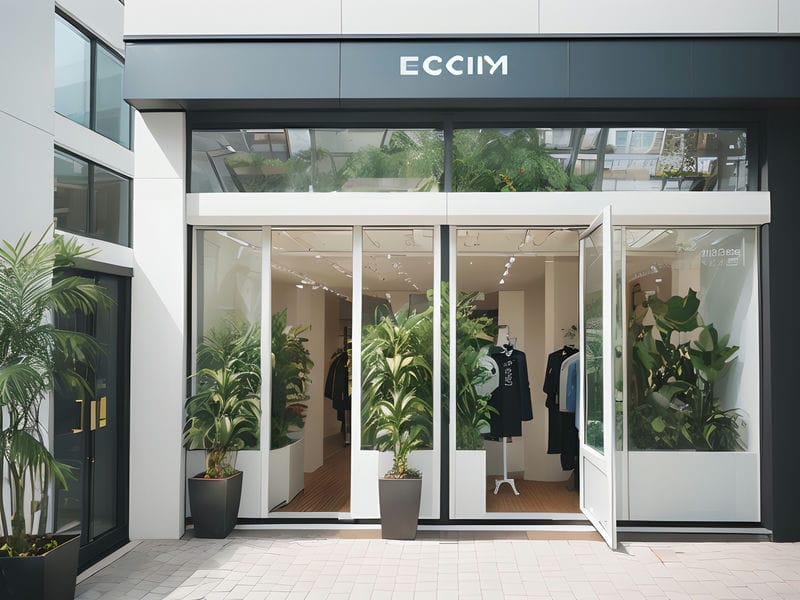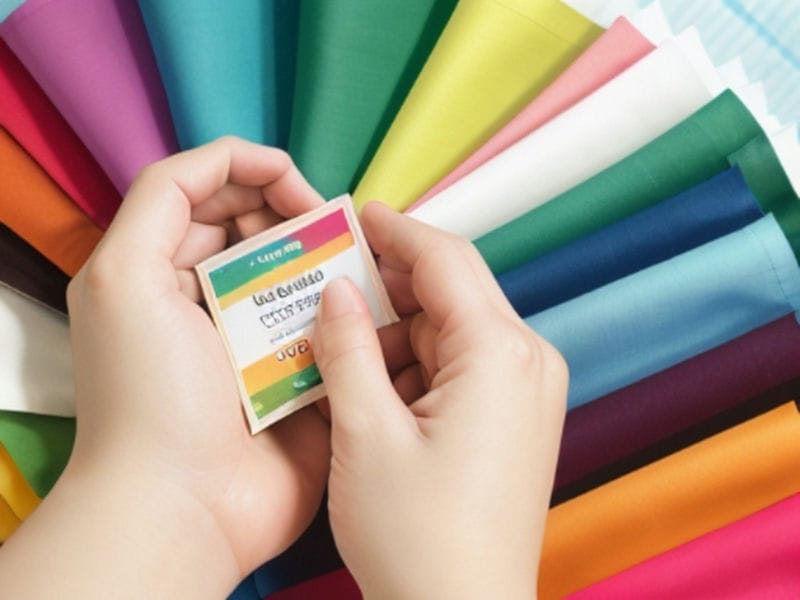
Explanation of what fair trade is and its principles
The Role of Transparency in Ethical Fashion
Transparency in the fashion industry is all about being open and honest about how clothes are made, where they come from, and the impact they have on people and the planet. It's about shining a light on the supply chain, from raw materials to production to distribution, so that consumers can make informed choices about what they buy.
In recent years, there has been a growing demand for transparency in the fashion industry as consumers become more conscious of the social and environmental issues associated with fast fashion. People want to know that their clothes are made ethically and sustainably, without exploiting workers or harming the environment.
Transparency also plays a key role in holding brands accountable for their actions. Tencel is made from sustainably sourced wood pulp How Fair Wages are Changing the Fashion Industry Bamboo Fabric. Sustainable fashion aims to reduce the environmental impact of clothing Rou So Natural fiber Minimalist Fashion. By making information about their practices readily available to the public, companies can be held accountable for any unethical behavior or unsustainable practices.
Ultimately, transparency is essential for building trust with consumers. When brands are open and honest about how their products are made, it shows that they care about more than just profits - they care about people and the planet too.
The Role of Transparency in Ethical Fashion - Introducing Ru
- shipping options
- Cropped Vest
- Signup











